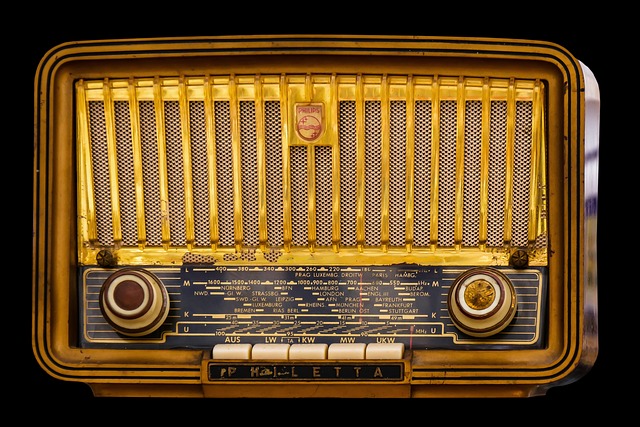
Sears is in a fight for its life, The brand teeters on the brink of liquidation, which would lead to closing the 425 Sears and Kmart locations still open. The company is already a shell of its former self, down from about 2,000 stores five years ago.
It appears that the demise of Sears is a matter of when, not if, it will occur. Wouldn’t it be great if a groundswell of support from consumers sustained the brand? Feelings of nostalgia could remind people about their relationship with the Sears brand from days gone by. That would be great… except it will not work.
Sears generates feelings of nostalgia, so do rotary dial telephones and TV dinners in aluminum trays. We will not see a clamoring for those products anytime soon because innovation and new forms of value have taken us in different directions. The same is true for Sears. The convenience of online shopping, the deep assortments of specialty retailers, and the connection newer brands have made with today’s consumers have relegated Sears to being a fond memory from earlier times.
The Sears brand (and to a lesser extent, Kmart) is part of the fabric of American consumer culture. The history of Sears dates back to 1893. The iconic Sears catalog is a fond memory for many Baby Boomers. The arrival of the Sears Wishbook was a momentous occasion when I was a child. Growing up in a small town, I rarely was able to visit department or toy stores. The Sears Wishbook was like a dreamland of possibilities. I spent hours thinking about what it would be like to have many of the items offered in the catalog.
It is not my hope to see Sears fail. I am pulling for Eddie Lampert to come up with a plan to keep Sears alive and relevant. If he does not, the disappointment will not be about lost memories. Instead, any pain felt should be for the employees at hundreds of stores who will be left without a job.
Nostalgia is a powerful emotion, one that can reconnect people with the past. It can be a connection point between a brand and consumers, but nostalgia alone cannot compete with other forms of functional and psychological benefits competitors offer.
